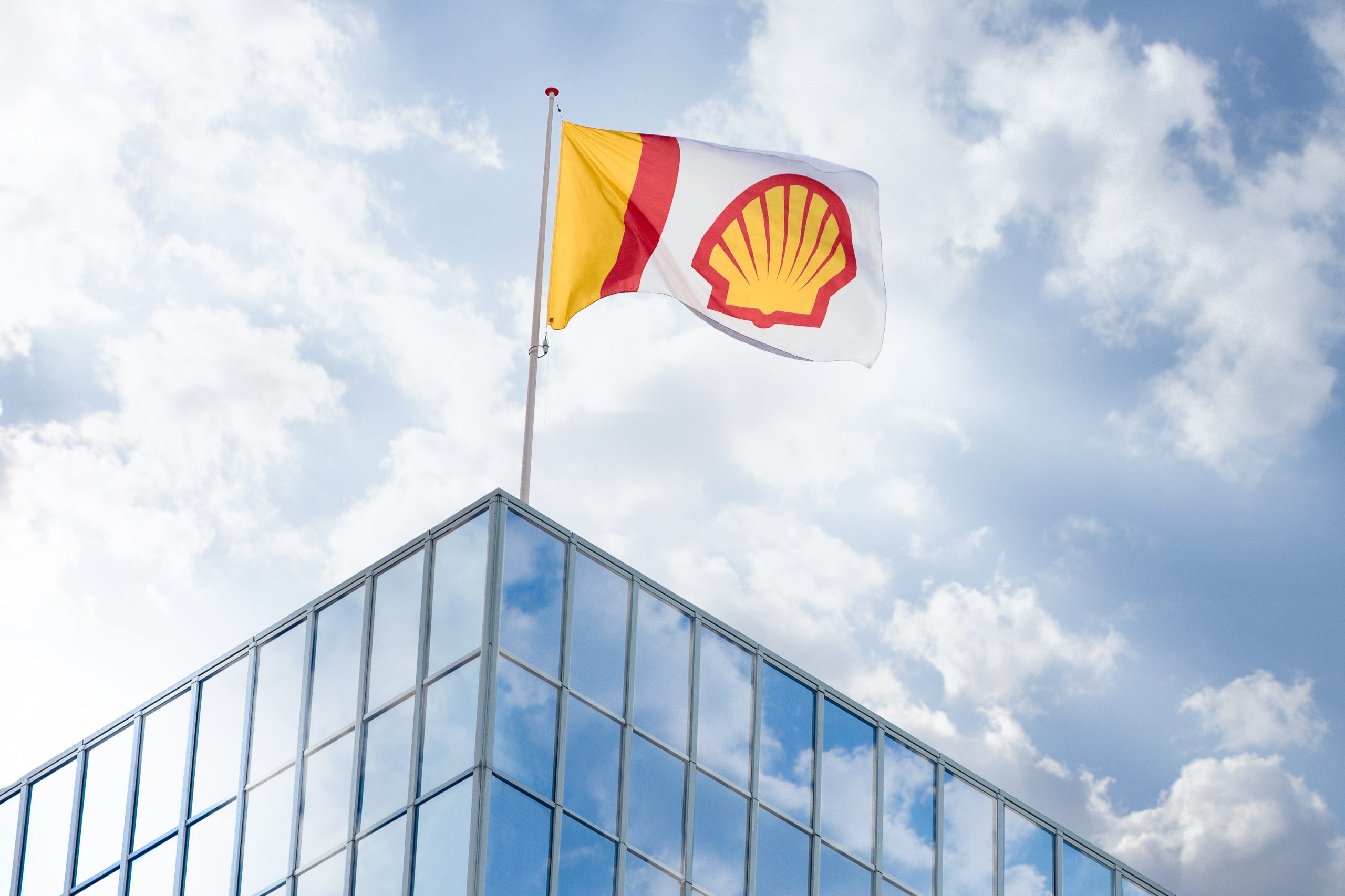Shell, the global oil and gas giant, won an appeal on Tuesday against a landmark ruling that had required it to accelerate carbon reduction efforts, marking a setback for climate activists pursuing environmental action through the courts. The Hague’s appeals court ruled that while Shell has a responsibility to reduce greenhouse gas emissions to protect the public from global warming, it dismissed the 2021 judgment mandating a 45% reduction in Shell’s absolute carbon emissions by 2030 relative to 2019 levels. This included emissions from the use of its products.
Since the original ruling, the 2022 Russian invasion of Ukraine has driven up oil and gas prices, shifting government and shareholder priorities towards costs and often dampening climate ambitions. Tuesday’s decision comes as the COP29 UN climate summit takes place in Baku, Azerbaijan, amid disagreements over the emphasis on fossil fuels in the agenda, delaying Monday’s opening procedures.
Friends of the Earth Netherlands, the environmental group that filed the case in 2019, expressed disappointment but pledged to continue its fight against major polluters. Director Donald Pols stated, “This hurts,” while affirming that the case proved “large polluters are not above the law.” The group did not clarify whether it would appeal further to the Netherlands’ Supreme Court.
Shell CEO Wael Sawan praised the decision as beneficial for the global energy transition, the Netherlands, and the company. He said, “Our target to become a net-zero emissions energy business by 2050 remains at the heart of Shell’s strategy and is transforming our business. This includes continuing our work to halve emissions from our operations by 20301. We are making good progress in our strategy to deliver more value with less emissions.”
Shell, headquartered in The Hague until it moved to London in 2022, argued during earlier appeal hearings that emission reduction demands should be imposed by governments rather than courts. The court concurred, warning that an absolute emission reduction order could inadvertently drive customers toward higher-polluting alternatives like coal.
Presiding Judge Carla Joustra acknowledged that, while cutting greenhouse gases generally mitigates climate change, “that does not mean that a reduction order for Shell has that same effect.” Shell stated it is on track to meet internal targets, having already cut emissions from its own production by 30% below 2016 levels last year. Like some industry peers, Shell has scaled back its renewable energy operations, citing longer profitability timelines compared to oil and gas. However, it plans to invest $10-15 billion in low-carbon energy between 2023 and 2025.
In March, Shell revised its targets, reducing the 2030 carbon intensity target for its products to a 15-20% decrease relative to 2016, and dropped a 2035 target of a 45% reduction. Citi analysts described the ruling as a “best-case outcome” for Shell, stating that the court’s decision reinforced the primacy of shareholder-driven strategy. Shell’s shares dipped 0.6% as of 1145 GMT, aligning with sector-wide trends, with analysts noting that the court’s decision had been anticipated in market valuations.
